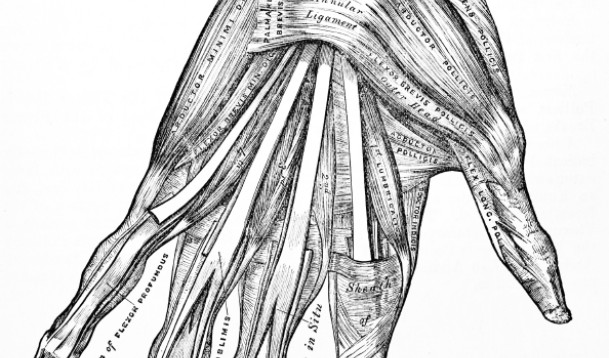
A Closer Look At The Defamation Suit By Walgreen’s Former Finance Chief
The news hasn’t been great for Walgreen Co. over the past couple of months. According to the Wall Street Journal, in early July, chief financial officer Wade Miquelon slashed his forecast for pharmacy unit earnings to $7.4 billion from $8.5 billion. Miquelon left the company in early August. Shortly thereafter, the Journal ran an article stating that Miquelon’s “billion-dollar forecasting error” had cost Miquelon his job and alarmed Walgreen’s big investors.
Now, Walgreen is fighting a battle on another front – against Miquelon. Last week, Miquelon sued Walgreen in state court in Illinois, alleging that the company, its CEO, and its largest shareholder had defamed him. According to Miquelon, the company’s big investors were told that Walgreen’s finance department was “weak” and had “lax controls.”
The four things that a defamation plaintiff must typically prove to prevail are: (1) the defendant made a false statement about him; (2) the statement was published, i.e., made, to one or more other persons; (3) the defendant was at least negligent in making the statement; and (4) the publication damaged the plaintiff. Thus, if Walgreen and the other defendants can show that any harmful statements they made about Miquelon were true, they stand a good chance of defeating his claims. On the other hand, as we covered in this article, if Miquelon can prove that the defendants engaged in a “premeditated scheme” to do him harm by falsely criticizing his performance, he might be able to recover a substantial verdict.










